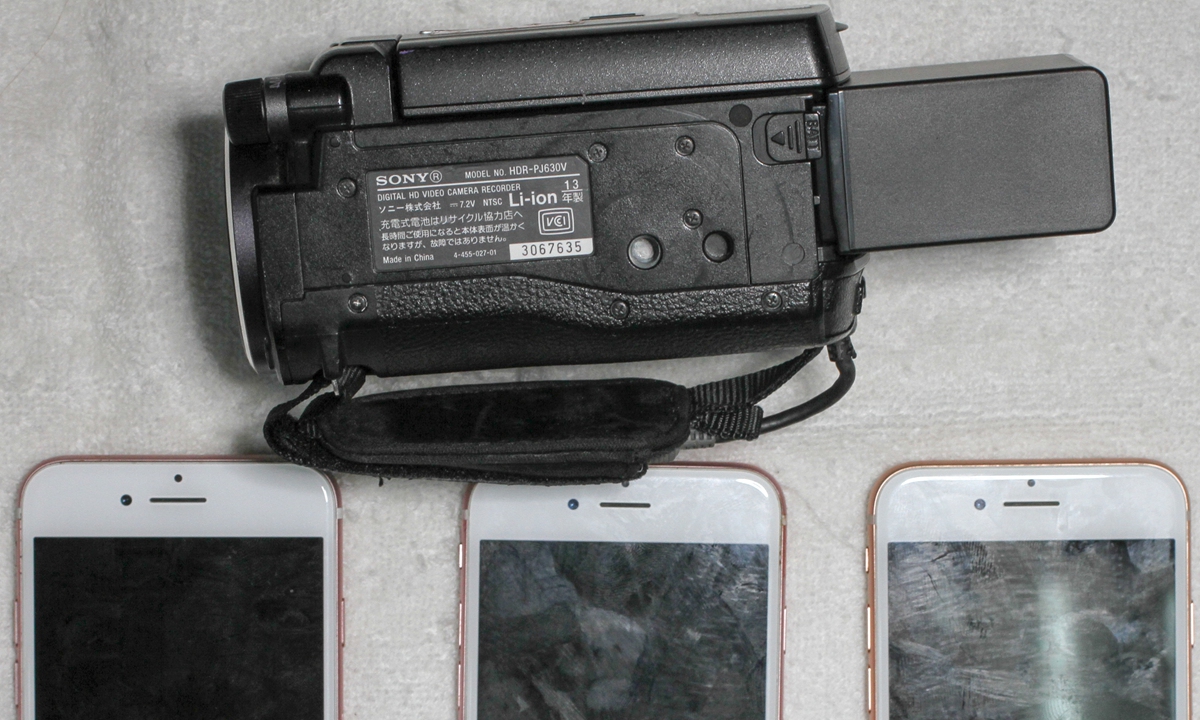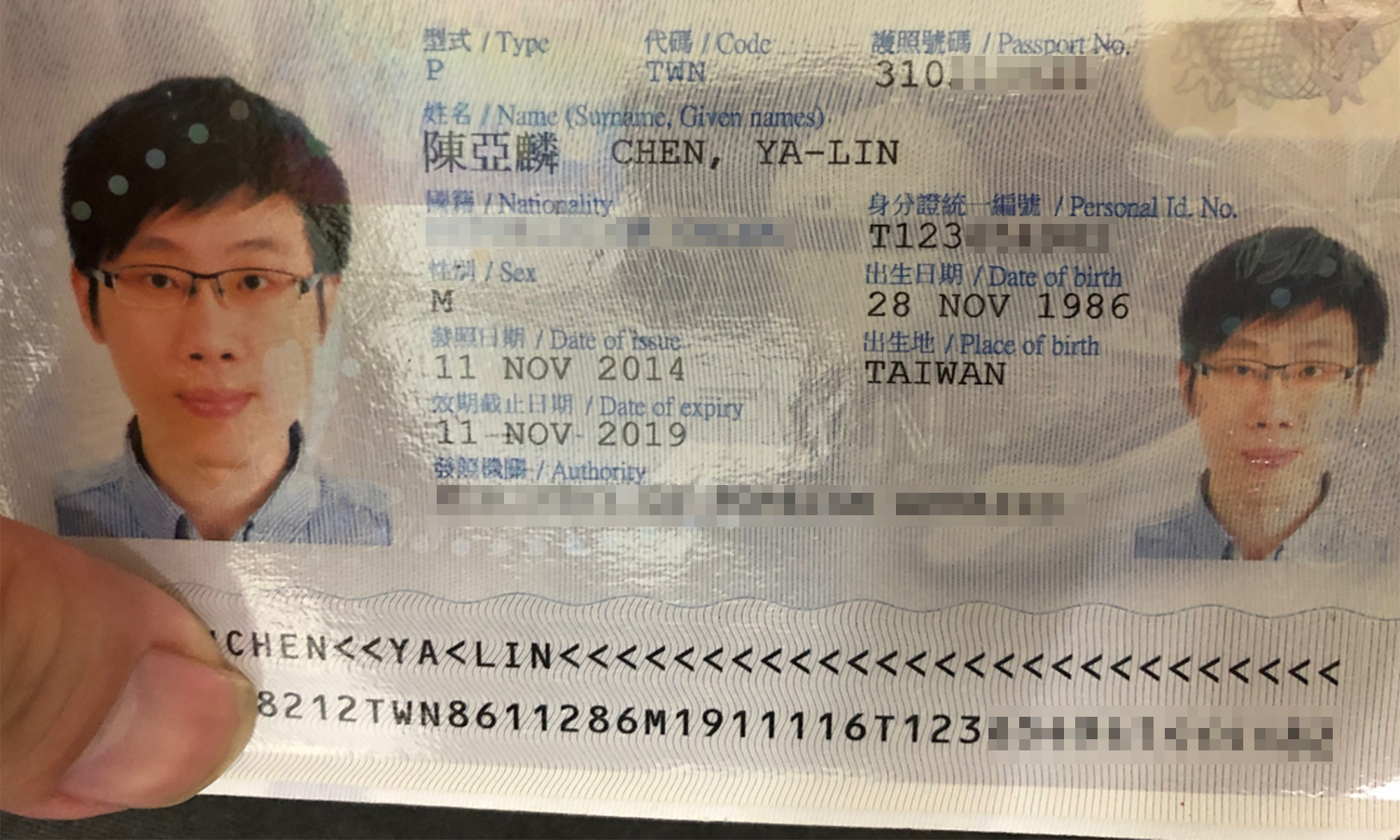Sources with the Chinese mainland’s state security agency recently revealed to the Global Times that a member of a Taiwan separatist group who had been arrested in Shenzhen in 2019 for endangering national security spied on the mainland’s armed police deployment in Shenzhen, and sent photos and videos he took of the deployment to the Taiwan separatist group. The case is a typical example of Taiwan interference in Hong Kong affairs during the 2019 turmoil in the city, state security sources said.
Lee Meng-chu, a Taiwan resident, was said to have gone “missing” after crossing the border from Hong Kong into the mainland city of Shenzhen in August 2019. A Chinese mainland spokesperson confirmed in September 2019 that Lee was detained by the mainland on suspicion of engaging in criminal activities that endanger national security and was under investigation.
Lee, who was born in 1972 in Hsinchu of China’s Taiwan, headed a Taiwan photoelectric technology firm and was a counselor in the Fangliao township in Pingtung county on Taiwan island.
According to the sources from the state security agency, Lee is also a member of a Taiwan separatist organization “Taiwan United Nations Alliance (TAIUNA).” He is accused of taking many videos and photos of the mainland’s armed police deployment in Shenzhen during last year’s Hong Kong unrest, which he sent to the Taiwan separatist group.
According to public reports, the separatist organization “Taiwan United Nations Alliance” has been actively pushing for Taiwan’s inclusion in the UN or the World Health Organization for many years, and has connections with some anti-China politicians overseas.
In late August 2019, Lee was caught and investigated by the state security agency in Shenzhen according to law.
According to Lee’s confession, his separatist ideas were formed before he joined the “Taiwan United Nations Alliance” in 2009. In 2001, while he was studying in the US, he became involved with Taiwan separatists in New York.
After Lee returned to Taiwan, he was recommended to join the “Taiwan United Nations Alliance” and sponsored fund-raising banquets for the organization every year. He also actively tried to build connections with senior Taiwan separatist politicians including the current Taiwan regional leader Tsai Ing-wen, and was promoted to the senior member of the organization, according to Lee’s confession.


